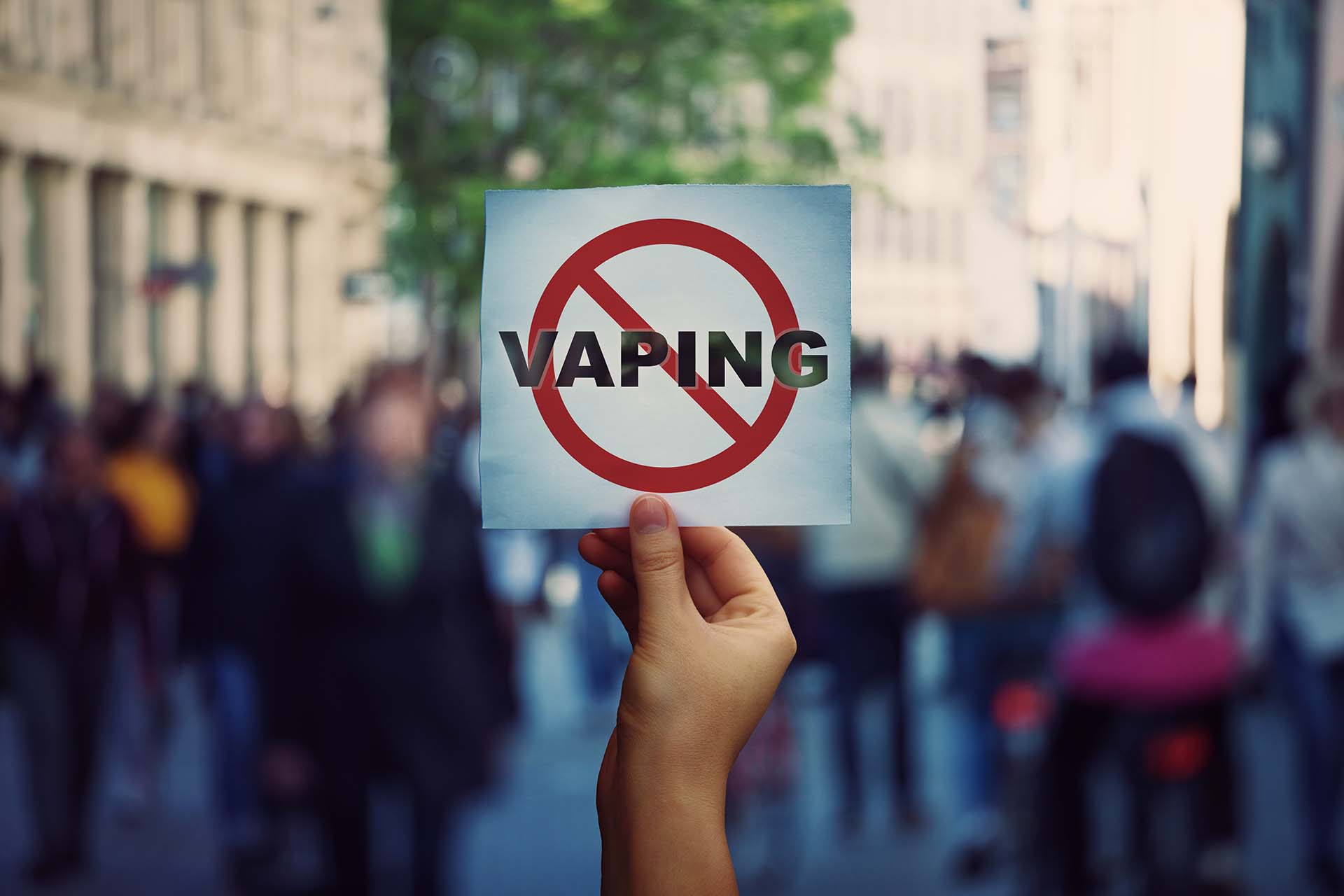Bulgaria has been sparking debates among vapers, vape brand owners, and policymakers. Initially proposed as a complete prohibition, the vape ban has shifted focus, raising crucial questions about its implications on both industry and public health.
This post examines Bulgaria’s evolving stance on vaping laws, the challenges posed by European Union (EU) regulations, and what the potential restrictions could mean for brands and users alike.
The Initial Proposal and Its Evolution
On 12 February 2025, the Bulgarian National Assembly unanimously voted for a bill to ban all vaping products, including zero-nicotine variants. This sweeping move aimed to eliminate the sale, distribution, and advertising of e-cigarettes across the country. The decision came in response to rising concerns around vaping products, spurred by a tragic incident involving a black-market THC vape.
However, this ambitious total ban faced immediate complications. By late February, Bulgarian lawmakers started revising their approach. Now, they are considering alternatives like banning only disposable vapes or flavoured products, instead of outlawing vaping entirely.
The revision isn’t just about practicality; it also highlights the difficulties of navigating EU regulations, which govern vaping products as legal consumer goods across member states.
EU Regulations and the Complexity of a Total Ban
Implementing a full ban on vaping products in Bulgaria would be incredibly challenging due to EU laws and the bloc’s single-market economy principles.
Under the EU’s 2014 Tobacco Products Directive (TPD), vaping products are legal and regulated. This makes outright bans difficult to justify within the framework of the single market, where goods that comply with EU regulations are allowed to be sold freely across member states. Any national restrictions must be notified to the European Commission through the Technical Regulations Information System (TRIS), a process that allows EU citizens and member states to provide feedback on proposed laws.
As the chairman of Bulgaria’s health committee, Kostadin Angelov, noted, pursuing a full ban could take years due to likely objections at the EU level. Such a measure may even be deemed as market interference, rendering it practically impossible to implement.
By comparison, bans on disposable vapes or flavoured products stand a greater chance of securing approval under the TRIS framework. Similar restrictions have been approved in other European countries, making this a more viable path for Bulgarian lawmakers.
The Focus Shifts to Disposable Vapes and Flavours
Shifting the focus towards banning disposable vapes or flavoured products offers a less contentious alternative for the Bulgarian government. Disposable vapes, often criticised for their environmental impact, and flavoured products, perceived as appealing to younger demographics, have already been targeted by restrictions in other EU countries. These types of bans could be enacted more quickly, taking just a few months once permission is granted through the TRIS system.
Despite being less dramatic than a total ban, these restrictions are still significant. Disposable vapes make up a large portion of the vaping market due to their affordability and convenience. Likewise, flavoured products play a critical role for users transitioning away from traditional cigarettes. According to the World Vapers’ Alliance (WVA), access to flavours is a key factor in helping smokers quit and maintain their switch to safer alternatives.
Implications for Vapers and Vape Brands
For vapers, any form of restriction could reduce access to regulated vaping products. The WVA has warned that limitations, particularly on widely used items like disposable vapes, could push users back towards smoking or unregulated black-market products. Bulgaria already has the highest smoking rate in the EU, with 37% of adults smoking, and restricting harm-reduction tools could hinder efforts to reduce this alarming figure.
For vape brands, these developments present both challenges and opportunities:
- Compliance Hurdles: Companies operating in Bulgaria may need to adapt swiftly to new regulations, potentially phasing out disposable products or altering their flavour offerings.
- Market Shifts: A flavour ban could drive demand for unflavoured or tobacco-flavoured E-liquids, requiring brands to pivot their product lines to remain competitive.
- Black Market Risks: The banning of disposable vapes or flavours could inadvertently fuel illicit trade, similar to what has happened in other regions with restrictive vaping laws.
Brands with a strong focus on community engagement and harm-reduction advocacy may find opportunities to influence the development of more balanced, evidence-based regulations.
A Broader Debate on Harm Reduction
Bulgaria’s attempt to tackle vaping through restrictive measures has reignited an ongoing debate about harm-reduction strategies. Countries like Sweden, New Zealand, and the UK have embraced harm reduction and are on track to achieve “smoke-free” goals. By contrast, Bulgaria’s high smoking rate underscores the importance of providing safer alternatives rather than limiting access to them.
The WVA has strongly criticised Bulgaria’s proposed ban, stating that it ignores evidence-based policymaking. Their open letter to lawmakers urges the government to adopt regulations that promote harm reduction, such as stricter enforcement against black-market products and improved public education on vaping safety.
What’s Next for Vaping in Bulgaria?
The outcome of Bulgaria’s legislative process could have far-reaching implications for the vaping industry across Europe. Whether the focus remains on disposables, flavours, or something else entirely, this situation highlights the need for balanced regulations that protect public health without stifling access to harm-reduction tools.
For vapers and vape brand owners in Bulgaria, staying informed and engaged in the legislative process will be key. Engaging with advocacy groups like the WVA can help amplify voices calling for sensible, evidence-based approaches to regulation.

